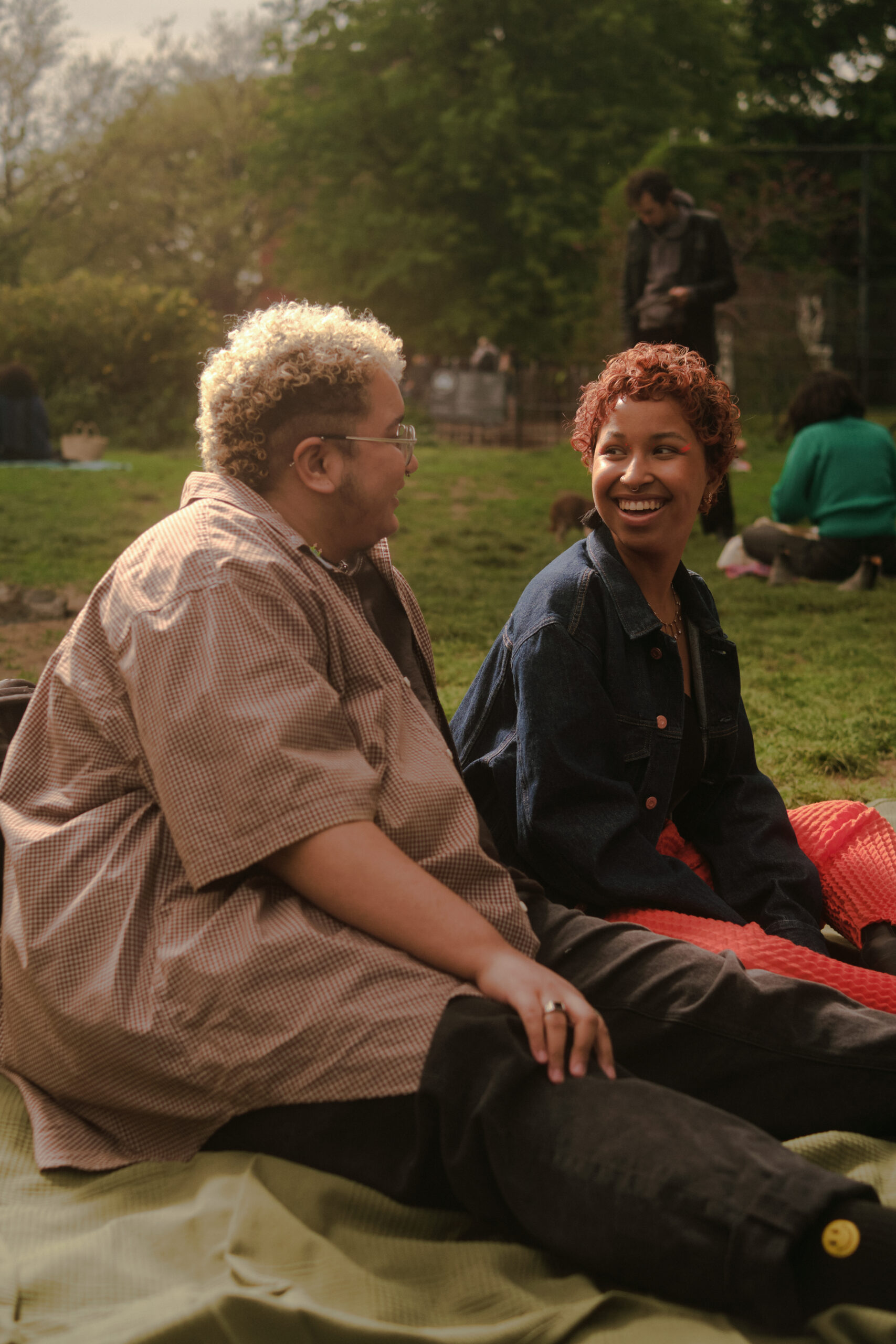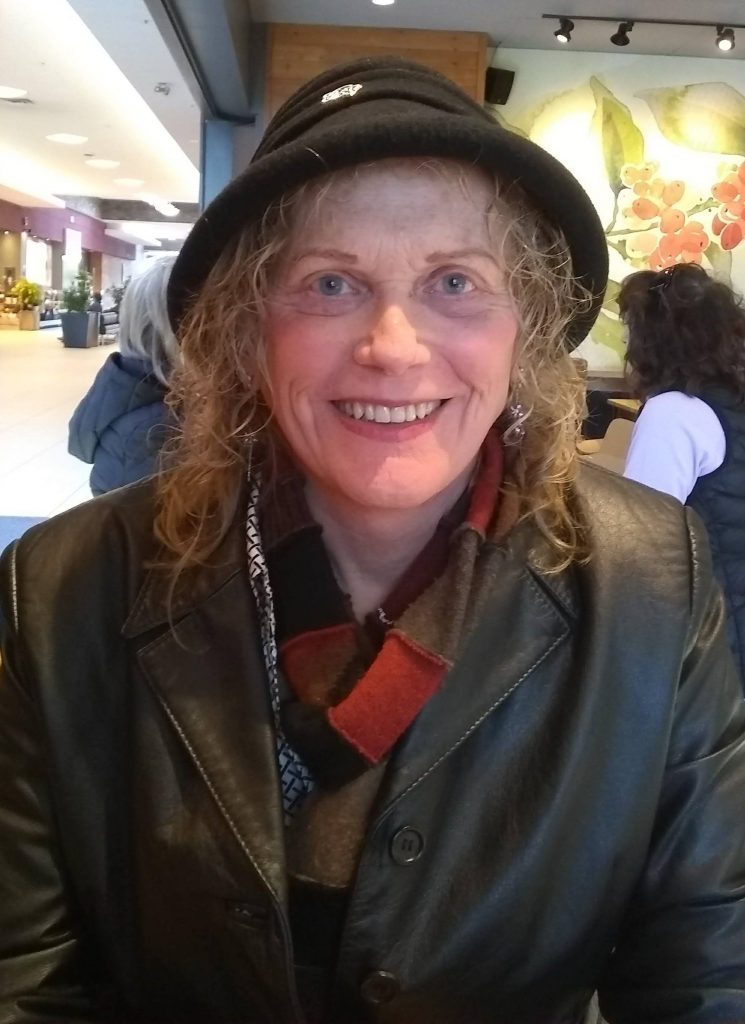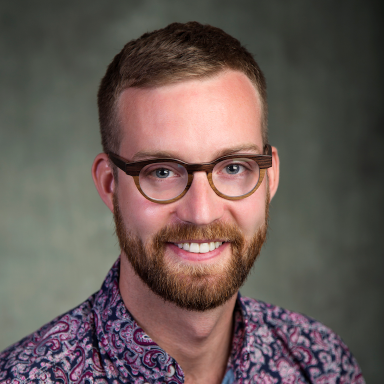


Paving the Way for Future of Gender-Affirming Care
Trans health initiative O_CHI is piloting new transition-related services. These services are based on research that it’s conducting with the trans community on whether gender affirming healthcare outcomes are improving in BC.
Overview:
Grant: $330,000
Years: 2018 & 2022
Organization: Rainbow Health Cooperative and University of Victoria
BC is behind when it comes to gender affirming healthcare, also known as transition-related care. For ChrŸs Tei, the province should be a leader in this area, but it’s still “assembling basic components.” Tei is the executive director of non-profit Rainbow Health Cooperative, which serves Two-Spirit, trans, and non-binary communities in BC.
Gender affirming healthcare encompasses transition-related surgeries, hormones, birthing, childcare, and more, for trans, non-binary, and Two-spirit people. Much of BC’s healthcare services employs outdated gender-affirming healthcare methods and standards established in the 1990s and 2000s. People don’t have a province-wide directory of transition-related services to get a good sense of their options. And these services often overlook Indigenous experiences and how gender identity and expression can be fluid.
That’s why Rainbow Health teamed up with researchers at the University of Victoria (UVic) around O_CHI, or Our_Community Health Initiative. O_CHI initially focused only on measuring whether Vancouver Island’s gender affirming healthcare outcomes were improving. With a $300,000 Participatory Action Research grant from Vancouver Foundation, O_CHI has expanded its research scope to examine the state of gender affirming healthcare and transition-related services across BC. It’s also launched pilot programs to offer gender affirming healthcare directly to those who need it. Vancouver Foundation has since topped the project up with a $30,000 Momentum grant in 2022 as well.
“[O_CHI is about] seeding a movement,” says UVic public health and social policy professor Nathan Lachowsky who is part of O_CHI’s research team.
Research co-led by community
Lachowsky and Tei say O_CHI’s work will take decades and requires approaching research differently. O_CHI’s conducts research in a community-based and participatory way that centres reciprocity and collaboration with the people they want to learn more about. This allows the community to lead and benefit from the researchers findings instead of being exploited, a contrast with conventional Western research methods. “[We] view research as a service, not an intervention,” says Tei.
Relationship-building is a key step in O_CHI’s roadmap for systemic change. “Communities [tend to] have their own separate missions, and [as a result] nobody builds the collaboration mechanisms that are needed, because the system doesn’t want advocacy,” says Tei.
Systems are often designed to keep marginalized communities divided. But communities want to collaborate and connect, as demonstrated by UVic and Rainbow Health’s partnership with the Victoria Native Friendship Centre.
First findings
The first implementation of O_CHI’s collaborative work focuses on trans and Indigenous identities and seeks to define culturally-competent care. The initiative has also plans to collaborate with more groups, like newcomers, sex workers, and people with disabilities. O_CHI aims to expand while continuing to respect the complexities of how multiple identities intersect for people, and each group’s needs.
One of O_CHI’s most important findings is that services for the trans community need to focus more on providing trauma reduction and mitigation. Many trans people deal with trauma from navigating a system that is structured to exclude them, Tei explains.
Acknowledging the “untouched capacities” of these communities comes through being able to “support people at all age stages of life,” says Tei. “We’re not an accident to be fixed by the system.”
New evidence-based programs
O_CHI has an “evidence-based, practice proven” model in which they pilot programs based on their research with the intent of scaling them up over time. These programs include a glossary of standardized gender affirming healthcare terms, and the Three Mothers Medicine Camp which facilitates healing for Two-Spirit, trans, and queer people.
In the future, O_CHI will turn its attention to advocating for a provincial directory of transition-related services, and turning its research into wellness training programs aimed at healthcare providers.
Systemic change is an enormous project, and the end is nowhere in sight. But Lachowsky takes pride in how much they’ve already accomplished. Their focus on community means they’ve built long-lasting relationships, employed community members, and brought creativity and innovationto the work they are doing.
“The relationships are what will persist beyond a contract and beyond a grant … That is systems change because the system is built to not support our relationships across difference,” Lachowsky says.

